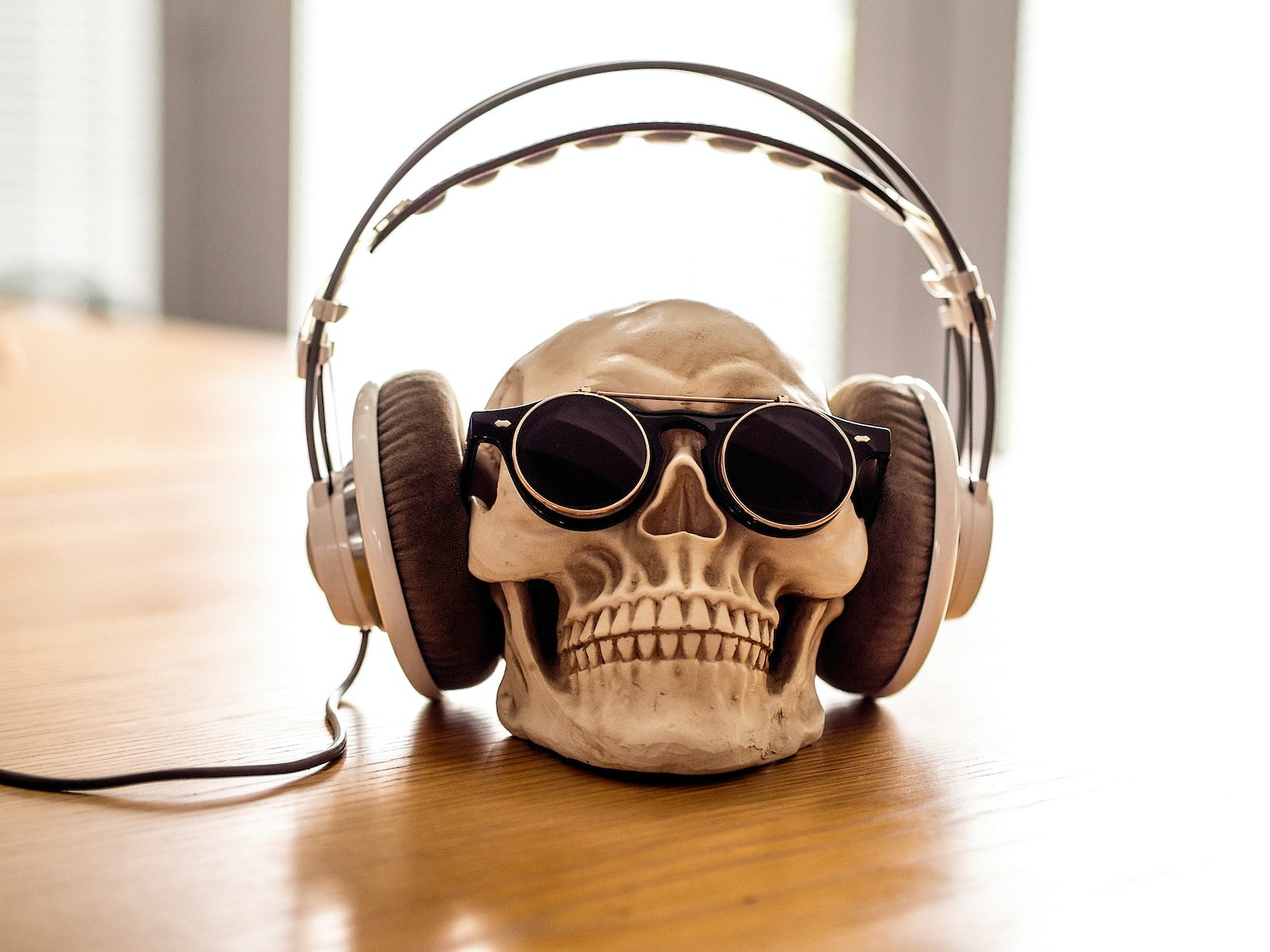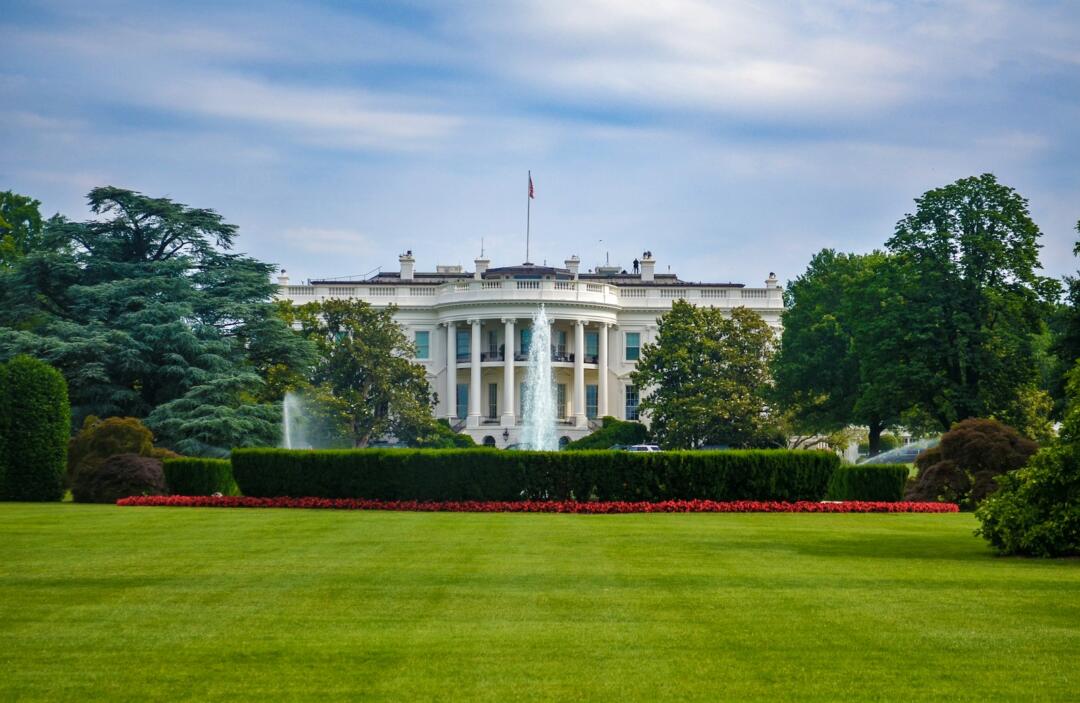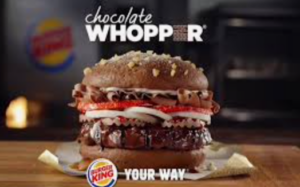There’s never been a better time for lovers of true crime stories. The topic, usually explored in books, novelizations, and TV dramas, is now experiencing a resurgence through Netflix documentaries and podcasts. The really great and notable works are being developed by experts in their respective fields, who deliver information on the cases in ways that are informative, sobering, terrifying, and always entertaining. Here are what we think are 5 of the best true crime podcasts.
Ever since Truman Capote wrote In Cold Blood, we have been drawn to true crime. So why not escape into the darkest experiences of our recent past?
Cold
RELATED: 5 Scary TV Show Episodes To Watch This Halloween
“Cold” looks into the case of Susan Powell, a young mother of two who disappeared from Utah in 2009. The podcast dives deep into the story of her husband Josh, the prime suspect of her disappearance. Conducted by reporter Dave Cawley, the podcast analyzes Josh’s violent past in detail and supplements the story with journals and written accounts from observers, which paints a vivid and thorough picture of a case that will bug you long after your listening is over.
Crimetown
Season 2 of “Crimetown” is being released this year and it focuses on the city of Detroit, Michigan, mainly the rise and fall of Kwame Kilpatrick, the city’s youngest elected mayor who’s currently serving a 28-year prison sentence. The podcast begins in the 70s, with a racially charged police shoot-out, and continues to track the events that take place in Detroit over the years, painting an in-depth picture of the city and the entire community that was involved.
Happy Face
This twelve part podcast follows Melissa Moore as she reckons and follows the investigation of her father, Keith Hunter Jesperson, a man who was charged with the murder of eight women over the span of five years. Popularly known as the Happy Face Killer, Jesperson committed most of his known crimes during the early 90s. He earned his name from the smiley faced notes he used to send to policemen after his kills.
Dr. Death
RELATED: 5 Tips To Help Cowards Watch Scary Movies
Hosted and reported by science journalist Laura Beil, “Dr. Death” tells the story of Christopher Duntsch, a real life neurosurgeon who killed and maimed dozens of patients under his care. Over the span of two years, Duntsch operated on 38 patients, leaving two dead and 31 paralyzed or gravely injured. The podcast explores his life, his medical training, problems with drug abuse and finally, his imprisonment.
Serial
In its third season, “Serial” switches things up. The podcast that used to track a single crime per season, decided to set camp in a Cleveland courthouse and document the different cases that were filed. The podcast is comprised of nine episodes, each focusing on a different case and its subsequent journey through the justice system. The result is an interesting documentation of crimes that range in styles and that highlight how justice isn’t always served.
Hope you enjoy 5 of the best true crime podcasts!


 Cannabis News2 years ago
Cannabis News2 years ago
 One-Hit Wonders2 years ago
One-Hit Wonders2 years ago
 Cannabis 1012 years ago
Cannabis 1012 years ago
 drug testing1 year ago
drug testing1 year ago
 Education2 years ago
Education2 years ago
 Cannabis2 years ago
Cannabis2 years ago
 Marijuana Business Daily2 years ago
Marijuana Business Daily2 years ago
 California2 years ago
California2 years ago


























